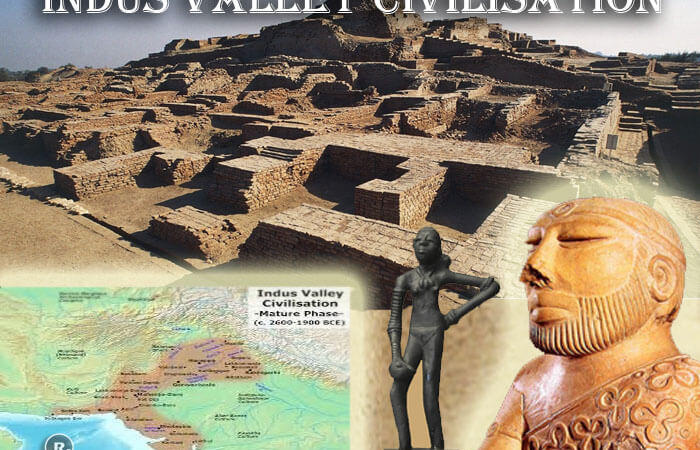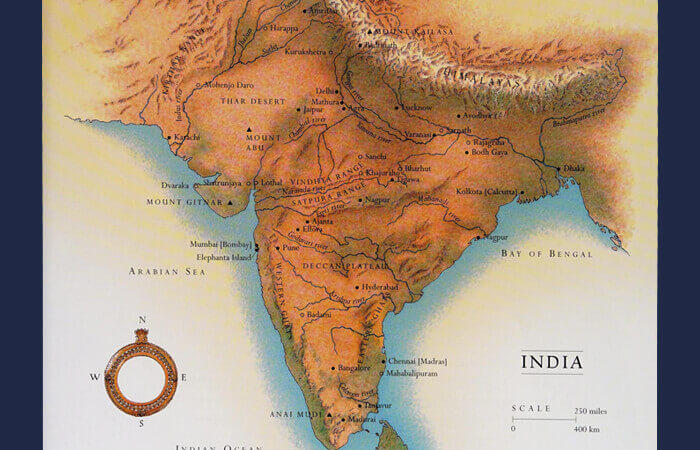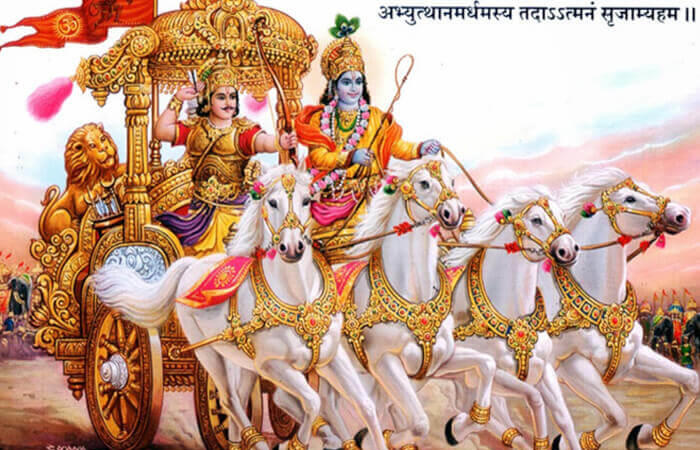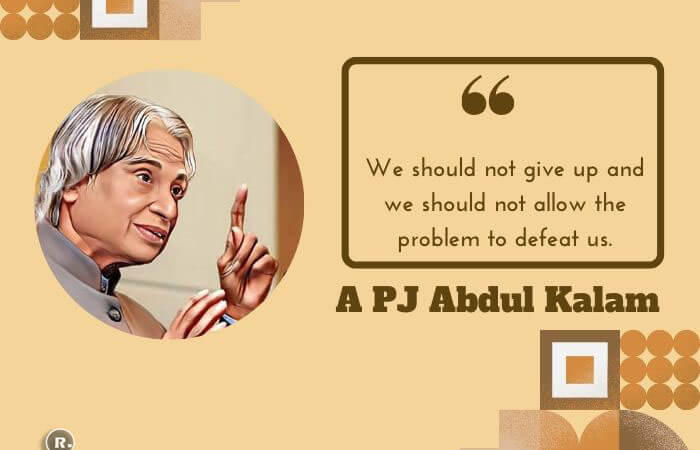Modern India Socio-cultural Problems

Since Independence, India has had to face a series of problems. Some are common to those of other nations, while others are peculiar to India itself. Such problems are mainly economic, ecological, demographic, cultural, linguistic, social, and religious, without mentioning frontier wars and internal revolutions.
India is a country of prodigious wealth. It has every kind of climate, from the burning desert of Thar to the Assam region with the heaviest rainfall in the world, from fertile Ganges plains to the summits of the Himalayas and the tropical hills of the Nilgiri. It possesses considerable mineral resources and produces an abundance of wheat, rice, tea, coffee, bananas, mangoes, apples, lemons, and maize.
The number of vegetable and animal species in India is unrivaled anywhere in the world, while the variety of birds is comparable only to South America. Covering two percent of the world’s landmass, India shelters five percent of its known living species.
India was exploited during the colonial period and its situation degenerates after its independence. The worsening of the situation seems partly due to the second-degree colonialism exercised by an indigenous foreign-educated minority, whose will to reform tends to destroy a traditional and workable society by attempting to replace it with a society on a foreign model that does not correspond to the people’s way of life.
The socialist bourgeoisie that took power in India was against the caste hierarchy, against the moderating power of the poor but powerful learned Brahman priests, and against the power of the princes who, although rich, were imbued with chivalrous principles and were protectors of the people. At the same time, they were also against the corporations that guaranteed the cultural and moral structures and the dignity and defense of the artisan classes.
Wherever it may be, it is difficult to establish the limits between what is called socialism and state capitalism. A socialist state is a formidable machine for pumping the products of a nation’s work and its riches under the pretext of redistributing them equitably. It can only function properly under conditions of absolute authoritarianism.
Money power that knows how to mix with socialist terminology can acquire considerable hidden force. It is not without a reason that the major Indian capitalists have, since its beginning, always supported the policy of the Congress Party that – by breaking down social barriers and group privilege – has allowed them to extend their power over all classes of society.
Nehru wanted to create a new society on the ruins of the old. Every institution and all the reciprocal guarantees of the latter were declared to be null and void. This new society, however, very soon found itself divided into a very rich class with Western education, poorly paid middle class with a modern education (engineers, teachers, physicians, etc.), and the enormous mass of the people, totally bewildered, living below the poverty line and making up half the population. India’s intellectual capital is today oriented toward the training of electronic specialists, atomic engineers, and biologists who have hardly any hope other than emigration.






